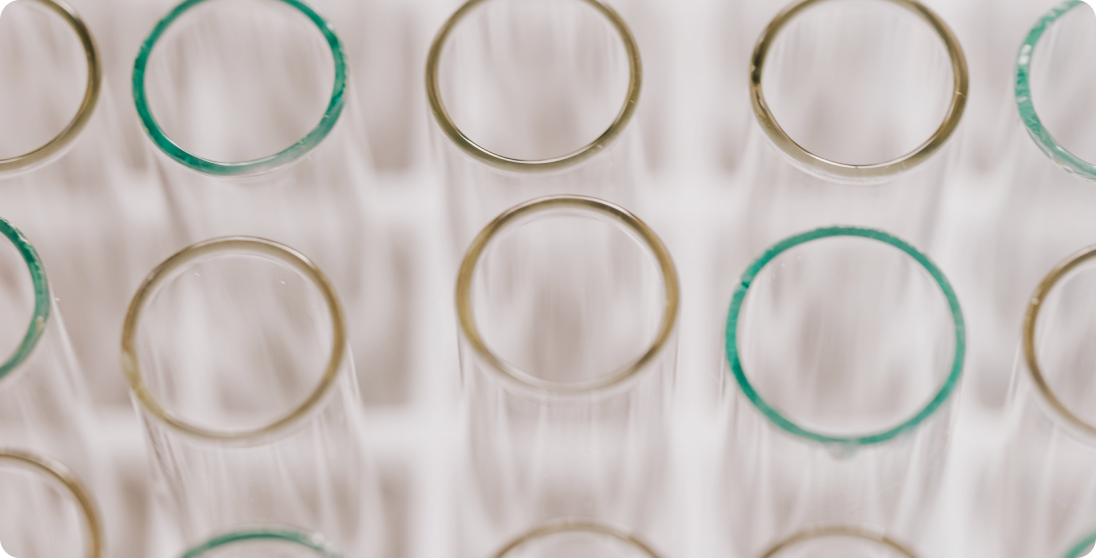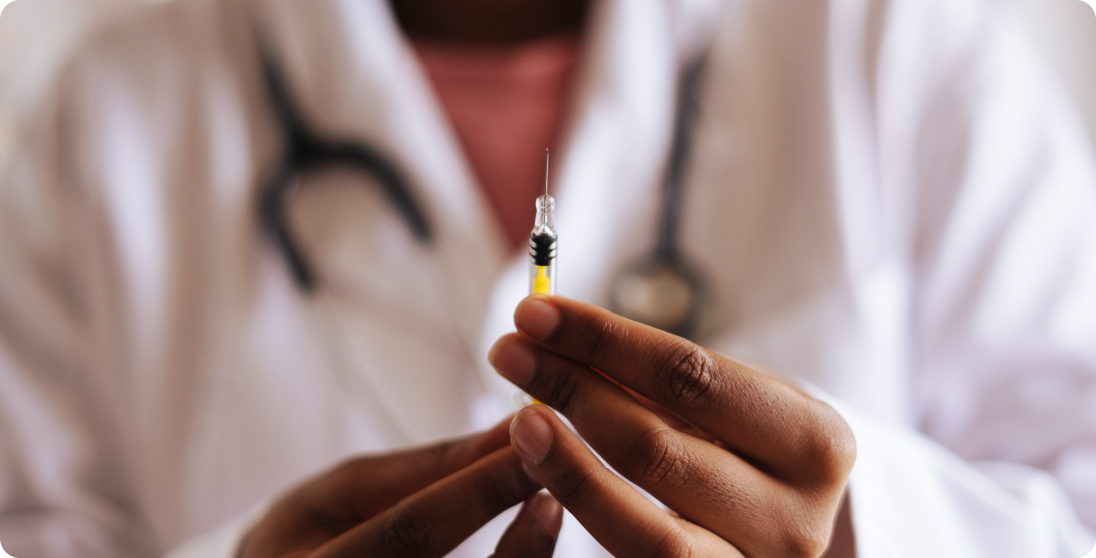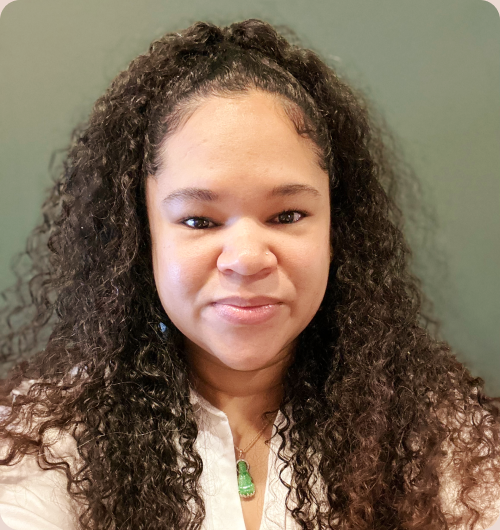


What Is Diminished Ovarian Reserve?
Diminished ovarian reserve occurs when there is only a small proportion of high-quality eggs left within the ovaries


Among the three most important factors influencing human fertility (egg quality, sperm quality, and the function of Fallopian tubes), egg quality holds the greatest significance for the probability of pregnancy. Female fertility potential is determined by the quality of eggs within the ovaries rather than the receptivity of the uterus.
The term ‘egg quality factor’ refers to the frequency of genetically and biologically ‘perfect’ eggs present within the ovaries. This frequency begins to decrease at the age of approximately 32, and by the age of 40, a vast majority of high-quality eggs have already disappeared from the ovaries. This results in diminished ovarian reserve. For some women, diminished ovarian reserve can begin at a much younger age.
Diminished ovarian reserve occurs when there is only a small proportion of high-quality eggs left within the ovaries.
At Bay IVF, we utilize a combination of transvaginal ultrasound examination of the ovaries and an assessment of reproductive hormone levels known as Ovarian Reserve Assay (ORA) to estimate the ‘biological age’ of your ovaries. The results of these tests will determine the most appropriate treatment for you.
The ultrasound of your ovaries will establish the number of antral follicles (seen as small dark circles) within the ovaries. The number of antral follicles is related to the quality of the eggs. Ideally, there should be 8 to 12 antral follicles per ovary.
ORA consists of the measurement of Follicle Stimulating Hormone (FSH), estradiol (estrogen, E2), and Anti-Mullerian Hormone (AMH) blood levels. It can assess the likelihood of producing normal-quality eggs.
FSH stimulates the ovaries to produce eggs. If the ovaries cannot produce normal-quality eggs, the FSH level is increased. Estradiol production by the ovaries influences FSH secretion and is also related to egg quality. The AMH level reflects the quality of eggs, and its result is used to optimize ovarian stimulation.
Most patients with a diminished ovarian reserve will require In Vitro Fertilization, Donor Egg IVF, or Frozen Donor Egg IVF to conceive successfully.
To optimize your fertility potential, it is important that you adhere as closely as possible to the recommendations for reproductive health.
Meet Your Doctor

- Dr. Polansky received his medical diploma from Charles University in Prague, the Czech Republic, in 1978.
- After completing his OB/GYN residency at Jewish Hospital in Saint Louis, MO, he graduated from the Reproductive Endocrinology and Infertility (REI) fellowship at Stanford University in 1985.
- In the same year, he co-founded the Stanford IVF Clinic.
- Dr. Polansky obtained board certification in Obstetrics and Gynecology in 1986 and became REI subspecialty board certified in 1988.
- In 1987, he left Stanford University and established Nova IVF.
- In 2011, he founded Bay IVF, where he provides advanced fertility treatments with a holistic approach, utilizing state-of-the-art techniques.
- Dr. Polansky personally performs ultrasound examinations, egg retrievals, embryo transfers, and ovarian and endometrial stimulations for his patients.
- He is deeply committed to his patients and freely shares his cell phone number, ensuring accessibility and availability 24/7.
Frank Polansky, M.D.



Initial Appointment Questions
When you call to schedule your consultation, one of our Front Office Coordinators will ask you a short series of questions regarding your reproductive history.
Your Initial Visit at Bay IVF
Attending a new patient appointment at a fertility clinic can be stressful. Our primary objective is to ensure that your initial visit is friendly and relaxing. We encourage you to ask questions at every step of the process.

1 — When You Arrive
You will be welcomed by one of the clinic receptionists. One of our nurses will measure your height and weight and take your blood pressure

2 — Meet Your Doctor
Dr. Polansky will ask you a series of clarifying questions and then provide you with a summary of the factors contributing to your infertility

4 — Exam Room
One of the nurses will escort you to an examination room. Your examination will begin with listening to your lungs and heart

3 — Ask Your Questions
You will then have a discussion with him about the most suitable reproductive treatment(s) for you. During this time, you will have the opportunity to ask any questions you may have

5 — Ultrasound of the Ovaries
The next step is a pelvic ultrasound to examine the uterus and ovaries. This ultrasound will help determine the number of antral follicles present within the ovaries

6 — Financial Part
Following that, you will have a discussion with one of the financial advisors regarding the financial aspects of your treatment, including potential treatment financing options

8 — Support 24/7
If you have any questions after leaving the clinic, please feel free to reach out to us via phone call, text, or email. Open and discreet communication is an integral part of the care we provide at Bay IVF

7 — What About Time?
Your entire visit is expected to last approximately one hour


Schedule Your Initial Consultation With Dr. Polansky
Online (no cost) or In-Person
Call or Text Us: Call or text us at 📞 650 322 0500
You can also complete the form below to request your initial consultation.


We look forward to meeting you at Bay IVF and, when your treatment is successful, celebrating your new pregnancy!








